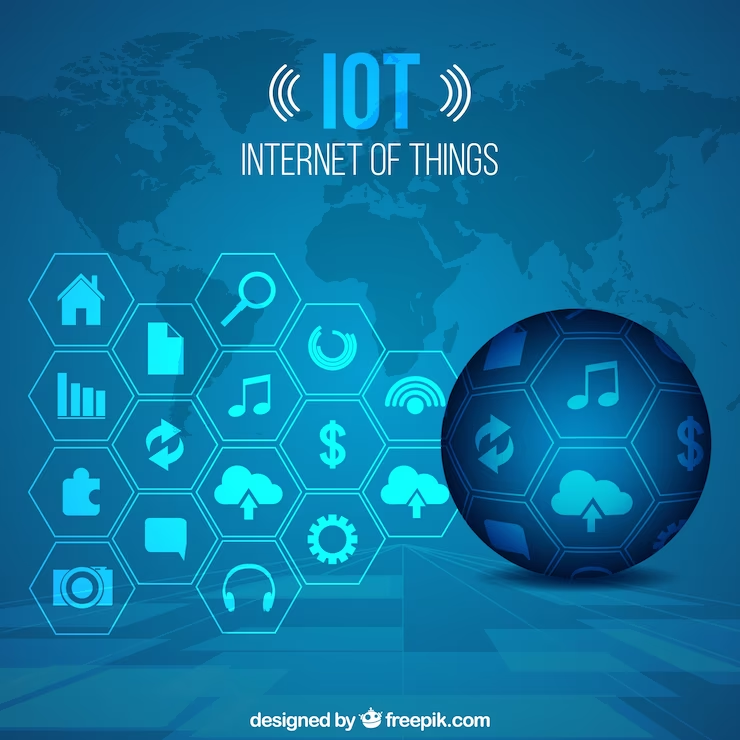In today's fast-paced and interconnected world, the digital economy has become a fundamental aspect of our lives, driving economic growth, innovation, and opportunities. But what exactly is the digital economy, and how does it impact businesses and societies? In this blog post, we will explore the essence of the digital economy, its key components, and the transformative power it holds.
Understanding the Digital Economy
The digital economy refers to the economic system that relies on digital technologies, the internet, and data-driven processes to facilitate various activities. It encompasses a wide range of industries, businesses, and services that utilize digital tools and platforms to create value, streamline operations, and reach a global audience. Let's delve into the core components of the digital economy that make it a driving force in the modern landscape.
1. E-commerce and Online Markets
One of the most visible aspects of the digital economy is e-commerce, which has revolutionized the way we buy and sell goods and services. Online marketplaces and platforms allow businesses to reach customers worldwide, breaking down geographical barriers and providing unprecedented convenience for consumers. Implementing successful e-commerce strategies involves creating user-friendly websites or apps, ensuring secure payment gateways, and optimizing logistics for efficient delivery.
2. Data-Driven Decision Making
Data forms the cornerstone of the digital economy. Companies collect and analyze vast amounts of information to glean insights into consumer behavior, market trends, and operational efficiency. Data-driven decision making empowers businesses to make informed choices, identify growth opportunities, and tailor products or services to meet customer needs better. However, data privacy and security are crucial considerations, and businesses must invest in robust measures to protect sensitive information.
3. Internet of Things (IoT) and Connectivity
The Internet of Things (IoT) plays a significant role in the digital economy by connecting devices and enabling seamless communication between them. IoT devices, such as smart appliances, wearable gadgets, and industrial sensors, enhance productivity, efficiency, and automation. Businesses can leverage IoT to monitor processes, gather real-time data, and optimize operations. However, ensuring the security and reliability of IoT devices and networks is paramount.
The Impact of the Digital Economy
The digital economy's influence extends far beyond the realm of technology and business. It has substantial effects on traditional markets, job opportunities, and even societal dynamics.
1. Transformation of Traditional Markets
The advent of the digital economy has disrupted traditional markets across various industries. Companies that embrace digital transformation and adapt to changing consumer preferences thrive, while those that resist change may struggle to remain competitive. The shift to online sales and marketing has challenged brick-and-mortar establishments, compelling them to explore digital avenues to survive and grow.
2. Job Opportunities and Skills in the Digital Economy
As the digital economy evolves, it creates new job opportunities while transforming existing roles. Job seekers with skills in data analysis, digital marketing, artificial intelligence, and cybersecurity are in high demand. Moreover, businesses must invest in training their workforce to keep pace with technological advancements and remain agile in the face of change.
The Future of the Digital Economy
The future of the digital economy is brimming with exciting possibilities and potential. As technology continues to advance, we can expect further automation, sophisticated AI-driven insights, and increased interconnectivity through the IoT.
To thrive in this dynamic landscape, businesses must embrace innovation, stay adaptable, and foster a culture of continuous learning. Embracing the digital economy is not merely an option; it is an imperative for individuals, businesses, and societies alike.
In conclusion, the digital economy has become an integral part of our modern lives, reshaping how we conduct business, interact with each other, and perceive the world. By understanding its key components and acknowledging its transformative impact, we can harness its power for progress and navigate the ever-evolving digital landscape with confidence. Embrace the digital economy and embark on a journey of growth and endless possibilities.

